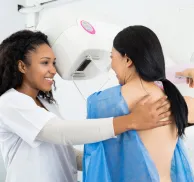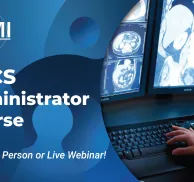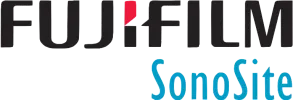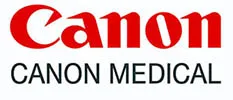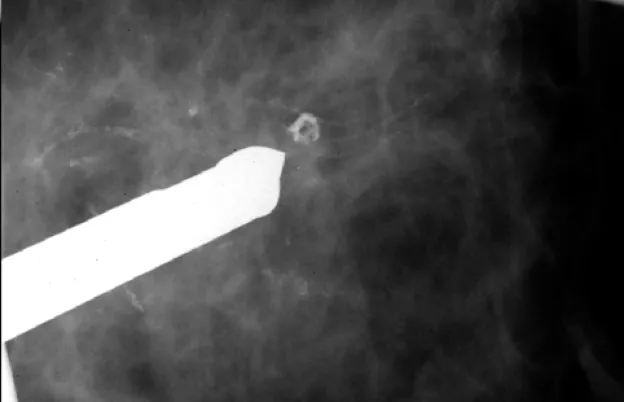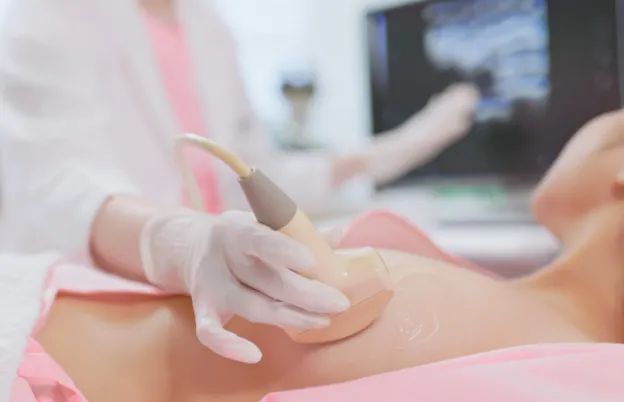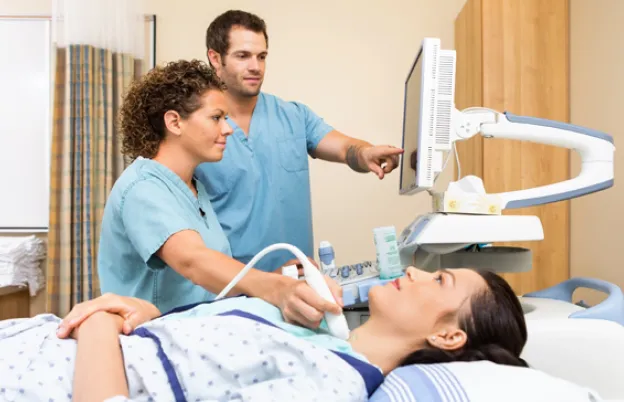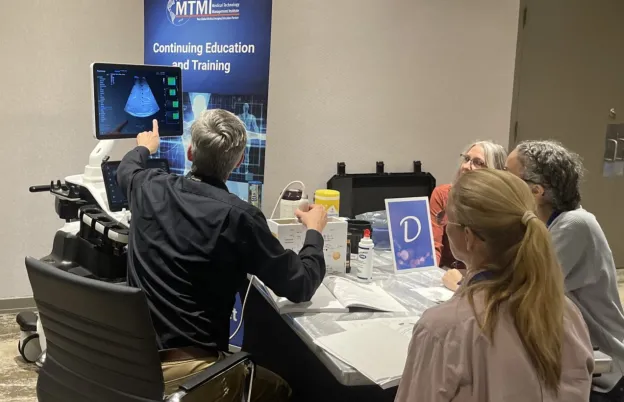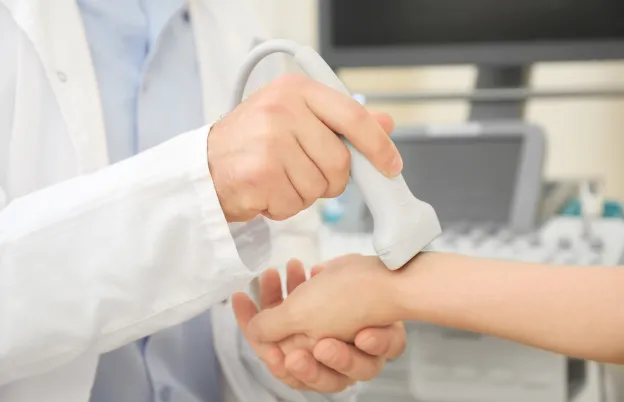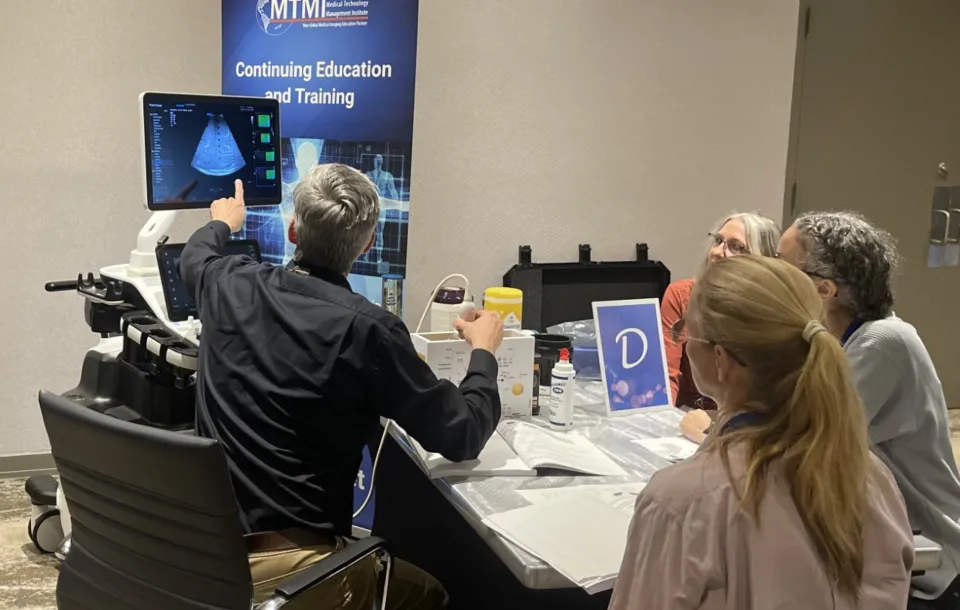
Ultrasound Physics Workshop
About this Program
This program has been converted to "Webinar Only." The involvement of medical physicists in ultrasound imaging services is increasing at many facilities as they seek accreditation to qualify for reimbursement by some insurance companies. The American College of Radiology (ACR) requires a medical physicist to conduct annual surveys of ultrasound units in facilities accredited by them. Medical physicists supporting these facilities need to update their skills as well as meet the continuing education requirements of various accrediting bodies. This workshop is designed to meet those needs and provide 15 hours of continuing education credits. An in-depth review of ultrasound technology will be given along with an opportunity for video demonstrations of hands-on application of performance and quality assurance testing procedures. The workshop will be conducted by a well-qualified faculty.
Medical physicists looking for an in-depth review of ultrasound physics including hands-on QA testing procedures while also acquiring the continuing education credits required by various accrediting bodies should attend. The workshop would be useful for medical physics students or residents learning ultrasound technology. Some sonographers looking for an in-depth review of ultrasound physics and more understanding of ultrasound QA testing may find the workshop of value.
The workshop will include material presented in lecture format with PowerPoint slides and video illustrations. Video recordings of hands on laboratory sessions of QA testing procedures using various phantoms will provide opportunities to apply the testing procedures under the guidance of a knowledgeable and experienced faculty.
Educational Objectives
At the completion of this workshop, participants will:
- Have received the basic physical concepts of ultrasound
- Have learned the properties and instrumentation of real time ultrasound transducers
- Recognize artifacts in ultrasound images
- Understand the principles and applications of Doppler ultrasound
- Be able to design and implement an effective QA program for clinical ultrasound services
- Review requirements for ultrasound facility accreditation
~ AAPM endorses the educational component of this program. ~
It does not, however, endorse any
product used or referred to in the program.
Schedule
What this course will cover
| Day One |
Course in runs from 7am-4pm central time Schedule subject to change | ||||||||||||||||||||||
|---|---|---|---|---|---|---|---|---|---|---|---|---|---|---|---|---|---|---|---|---|---|---|---|
Basic Ultrasound Physics Fundamentals
Acoustic transduction
| |||||||||||||||||||||||
Real-time Ultrasound Imaging Basic Methods
Advanced Methods
| |||||||||||||||||||||||
Informal Discussion and Break
| |||||||||||||||||||||||
Real-time Doppler and Elastography Imaging Doppler
Elastography
| |||||||||||||||||||||||
Lunch Break
| |||||||||||||||||||||||
Ultrasound Imaging Artifacts and Error Sources
| |||||||||||||||||||||||
Emerging Technologies
| |||||||||||||||||||||||
Informal Discussion and Break
| |||||||||||||||||||||||
Knobology Review
| |||||||||||||||||||||||
Ultrasound Quality Control Phantoms and Tests | |||||||||||||||||||||||
Adjourn for the Day
| |||||||||||||||||||||||
| Day Two | Course runs from 7am-3:30pm central time | ||||||||||||||||||||||
ACR Ultrasound Accreditation Role of the Medical Physicist
| |||||||||||||||||||||||
Clinical Safety and Proper Scanning Techniques
| |||||||||||||||||||||||
Informal Discussion and Break
| |||||||||||||||||||||||
Hands-on Labs/Workshops Webinar Attendees will receive Lab/Workshop Recordings to watch during this session
|
|
|
Audience
Who should attend?
Medical physicists looking for an in-depth review of ultrasound physics including hands-on QA testing procedures while also acquiring the continuing education credits required by various accrediting bodies should attend. The workshop would be useful for medical physics students or residents learning ultrasound technology. Some sonographers looking for an in-depth review of ultrasound physics and more understanding of ultrasound QA testing may find the workshop of value.
Program Faculty
Meet your presenter(s)

Brian Fowlkes
PhD
J. Brian Fowlkes, PhD is Professor of Radiology and Biomedical Engineering at the University of Michigan. Dr. Fowlkes has been working in medical ultrasound since he began his doctoral research in 1983 after receiving his B. S. degree in physics from the University of Central Arkansas. He received his M.S. and Ph.D. degrees from the University of Mississippi in 1986 and 1988, respectively, both in physics. He came to the University of Michigan in 1988 where he is currently directing and conducting research in medical ultrasound for diagnostic and therapeutic applications. His work includes studies of acoustic droplet vaporization for bubble production in therapeutic ultrasound and drug release, effects of gas bubbles in high-intensity ultrasound including histotripsy, and volume blood flow estimation using ultrasound. He has over 200 peer-reviewed scientific publications and over 280 abstract presentations and has provided educational programs for MTMI since 2014 along with teaching medical students, residents, and graduate students at the University of Michigan and in other national and international programs.
Dr. Fowlkes is a Fellow of the American Institute of Ultrasound in Medicine (AIUM) and has served as its President. He is also a recipient of the Joseph H. Holmes Pioneer Award for Basic Science. He was named a Distinguished Investigator by the Academy for Radiology and Biomedical Imaging Research. Dr. Fowlkes is a Fellow of the American Institute of Medical and Biomedical Engineering (AIMBE), the Acoustical Society of America (ASA), and the American Association of Physicists in Medicine (AAPM).

Mitchell M. Goodsitt
PhD, FAAPM, DABR
Mitchell M. Goodsitt is Professor Emeritus of Radiological Sciences at the University of Michigan. He has much experience in ultrasound research and teaching. His PhD thesis from the University of Wisconsin, Madison is on ultrasound imaging (A three-dimensional model for generating the texture in B-scan ultrasound images). He has authored 25 papers on ultrasound in peer-reviewed journals and 4 book chapters (The Basic Physics of Ultrasound Imaging, Ultrasound Instrumentation and the ABMs of Ultrasound, Pulse-echo System Specification, Acceptance Testing and QC, and Physics and Technology of Breast US Imaging including Automated Three-dimensional US). He has been a member of the AAPM Ultrasound Subcommittee since 1987 (co-chair from 2009-2014). He was chair of the AAPM Working Group on Quantitative B-mode Ultrasound QC Test Development from 1995-2014. He is the first author of the paper “Real-time B-mode ultrasound quality control test procedures. Report of AAPM Ultrasound Task Group No. 1,” Med Phys 1998, which remains a standard reference on this topic. He was Imaging Physics Editor of the journal Medical Physics from 2014-2020. He has participated in 14 workshops/ refresher courses on ultrasound QC. He is ABR certified in Diagnostic Radiologic Physics and is a fellow of the AAPM.
Oliver Kripfgans
PhD
Research Associate Professor of Radiology and Biomedical Engineering
Department of Radiology
University of Michigan
Ann Arbor, MI
Sandra Larson
PhD
Diagnostic Physicist
Department of Radiology
University of Michigan
Ann Arbor, MI
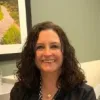
Dana Rowland
RT(R) RDMS, RMSK
Ultrasound Technologist
Department of Radiology
University of Michigan
Ann Arbor, MI
Credits
Accredited training programs
CAMPEP
This program provides 14.75 hours of continuing education for medical physicists. The program has been approved by CAMPEP for Medical Physics Continuing Education Credit (MPCEC) for qualified medical physicists.
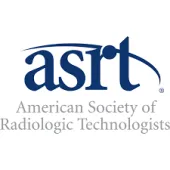
ASRT Category A
This program provides 18.25 hour(s) of Category A continuing education credit for radiologic technologists approved by ASRT and recognized by the ARRT® and various licensure states. Category A credit is also recognized for CE credit in Canada. You must attend the entire program to receive your certificate of completion.
Tuition

| Audience | Price | Early Price | Member Price | Member Early Price |
|---|---|---|---|---|
| Physicist | $1,165.00 | $1,070.00 | $1,120.00 | $1,025.00 |
Early Pricing Guidelines
Qualifying 'Early' registrations must be made at least 21 days in advance for the program.
Cancellation Policy
“Hands-On” Courses
Refunds, minus a $50 processing fee, will be granted for cancellations received prior to 10 days before the program. Cancellations received within 10 days of the program will receive a credit toward a future MTMI program, minus the $50 processing fee. No refunds will be made after the program starts. MTMI reserves the right to cancel any scheduled program because of low advance registration or other reasons. MTMI’s liability is limited to a refund of any program tuition paid. MTMI recommends that attendees use refundable airline tickets. In case of cancellation of a program for any reason, MTMI is not responsible for travel costs incurred by attendees including non-refundable airline tickets.
